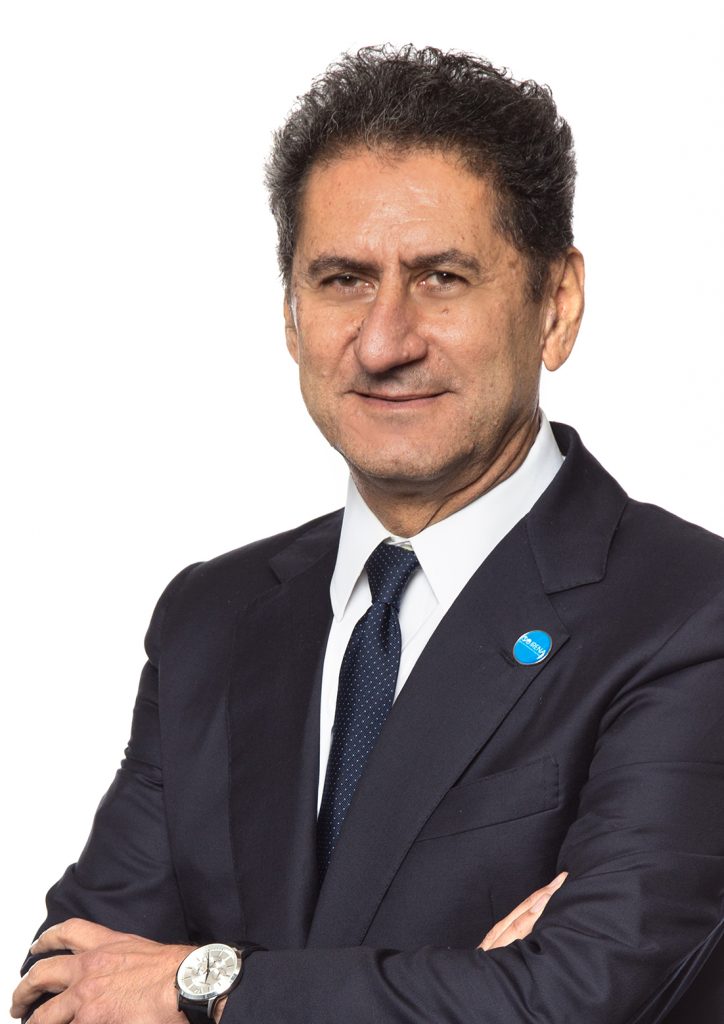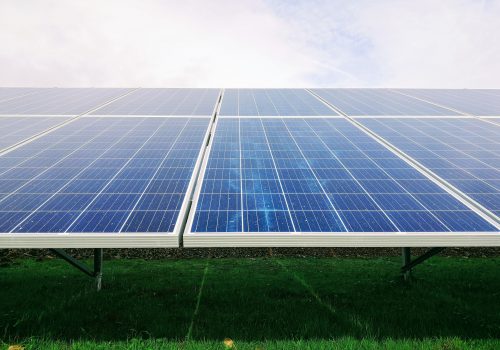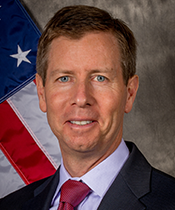As the coronavirus crisis rages around the world, the urgent needs of health care workers and the rapid shift to telework has underscored the critical role of electricity in powering modern life. However, as an international oil feud depresses fuel prices to levels not seen in decades and electricity demand dips as the economy slows, the effect on the business case for renewable energy has yet to be seen.
Though economic recession may limit available capital for new projects and result in substantial layoffs across the renewable energy sector, the unpredictability of commodity prices and diminishing returns in hydrocarbon investment may make renewables an increasingly advantageous investment. Including clean energy in national economic stimulus packages would generate large employment and infrastructure opportunities for beleaguered economies and workforces.
What role do international institutions, such as the International Renewable Energy Agency, have to play in advancing renewable energy development and scalability in the wake of this international crisis? How can we leverage their global networks, substantive expertise, and finances to support economic revival through renewables as the world faces recession in a post-corona world? And how will we ensure that as we reconstruct our energy reality, we build a system that is greener, more resilient, and that delivers tangible socio-economic benefits to communities?
Event coverage
Featuring

Francesco La Camera is the Director-General of the International Renewable Energy Agency (IRENA). He took office on 4 April, 2019 and brings more than thirty years of experience in the fields of climate, sustainability, and international cooperation. In his role, Mr. La Camera is responsible for leading the delivery of IRENA’s work program and strategy in cooperation with the Agency’s member states. At a critical time for climate change and the achievement of the Sustainable Development Goals, Mr. La Camera is tasked with redefining the structure and operations of the Agency in response to the urgent needs of its members. A key priority of his tenure is to implement a more action-oriented approach to the Agency’s work. Previously, Mr. La Camera served as Director-General of Sustainable Development, Environmental Damage, and European Union (EU) and International Affairs at the Italian Ministry of Environment, Land & Sea. As the national coordinator for climate, environment, resource efficiency and circular economy, he led the Italian delegation to UNFCCC’s COP 21 to 24 and the EU Presidency at COP 20. He was also responsible for the preparation and organisation of Italy’s G7 Environment Presidency in 2017.




Follow us on social media